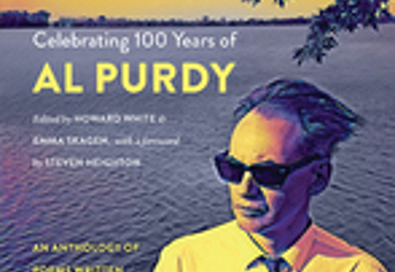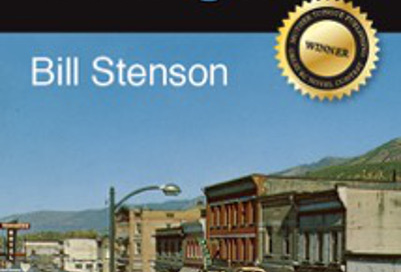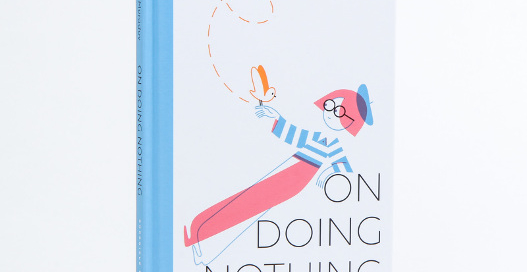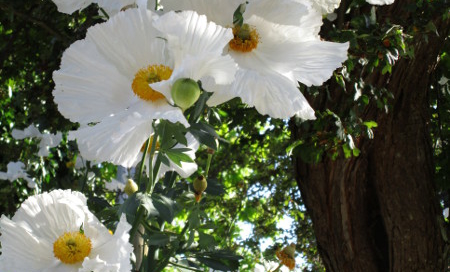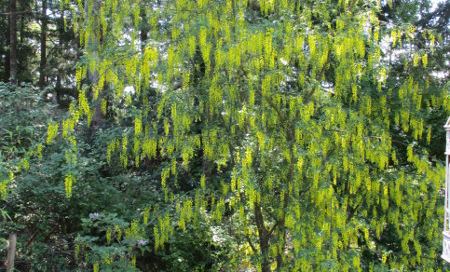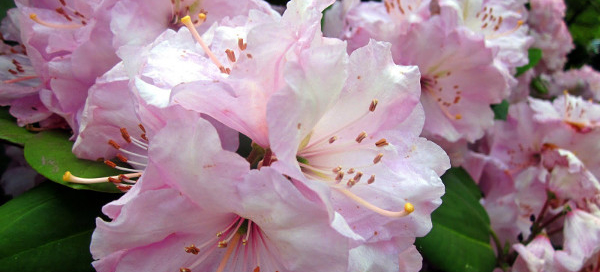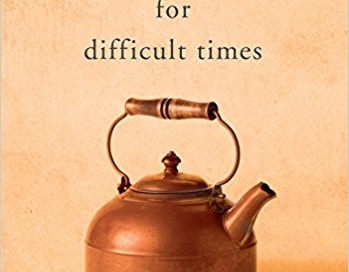100 Years of Al Purdy
Beyond Forgetting is an anthology of poems celebrating the one hundredth birthday, on December 30th, of “Canada’s unofficial poet laureate” Al Purdy (1918 – 2000), edited by Howard White and Emma Skagen (Harbour Publishing, 2018). Emma Skagen is a former bookseller at Munro’s in Victoria, B.C. and now lives in Kentville, Nova Scotia. She has added her editorial expertise to many bestselling books and has worked on a number of poetry collections including Cornelia Hoogland’s, Trailer Park Elegy. Many of the poems in the anthology describe encounters with Al Purdy by some of our best known Canadian poets including Earle Birney, Milton Acorn, Brian Brett, Tom Wayman, George Bowering, Susan Musgrave, Lorna Crozier and Patrick Lane.
Some poems are dedicated to Purdy by younger writers such as Rachel Rose, Vancouver’s poet laureate, and Steven Heighton who wrote the foreword to the anthology. Heighton first met Purdy in the early eighties when Al Purdy and Earle Birney gave a reading in Heighton’s Canadian Literature class at Queen’s University. He last saw him “dying at home in Sidney, BC.”
Tom Wayman was an “emerging Canadian poet” in 1971 when he was published in Purdy’s anthology, Storm Warning. “Tom did more than offer sage advice;” he got the project [Beyond Forgetting] off to a flying start by preparing a work plan and roughing in much of the selections” the editors say in their introduction.
George Bowering’s contribution is “At the Cecil Hotel” described as a “translation of Al Purdy’s ‘At the Quinte Hotel’.” Rather than “I am drinking,” Bowering’s poem begins: “I am writing.” It makes reference to several poets: Milton Acorn, Pat Lane, [John] Newlove, Dorothy Livesay, and Alden Nowlan.
Bowering’s statement in the back of the book says: “He […]

